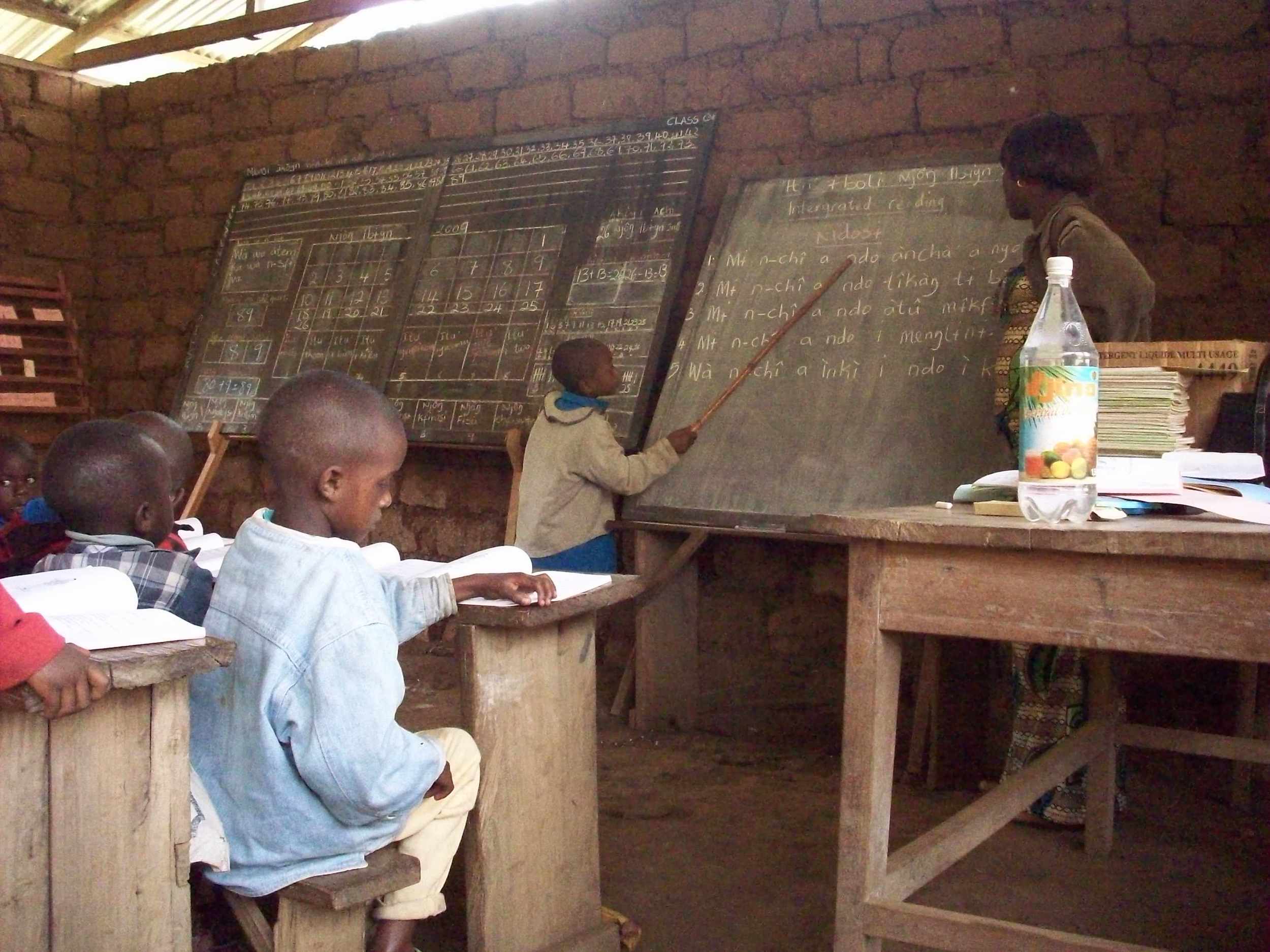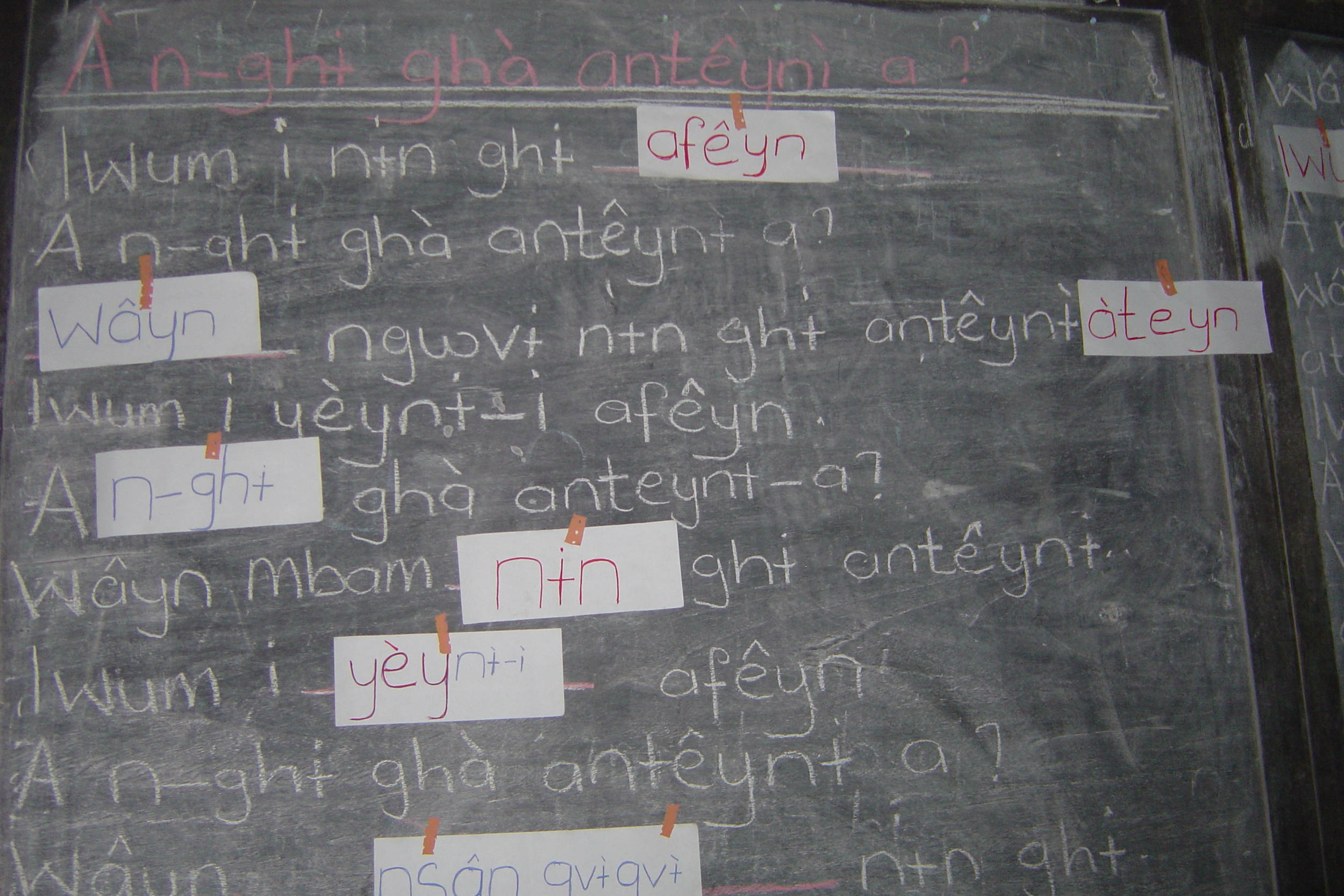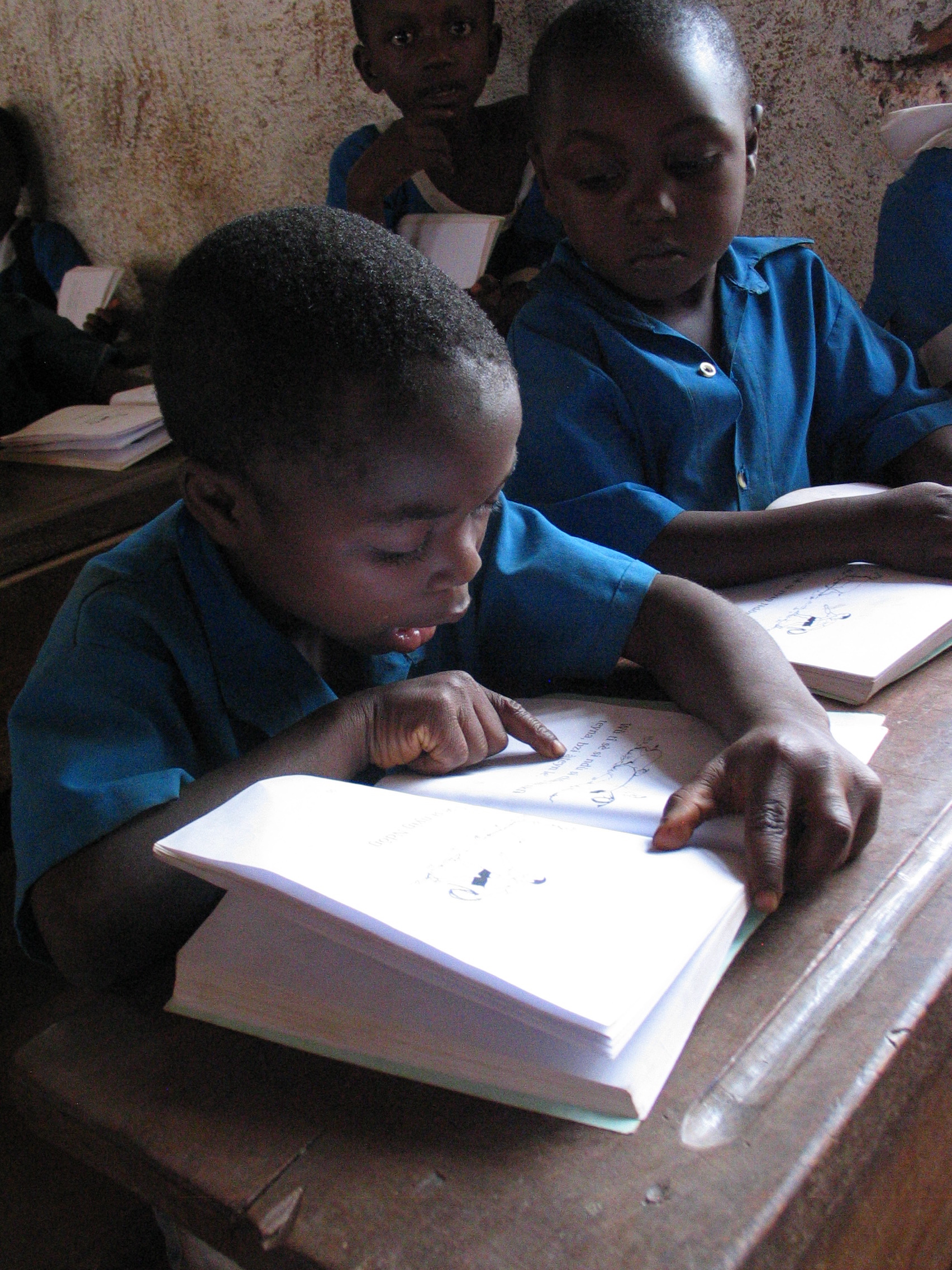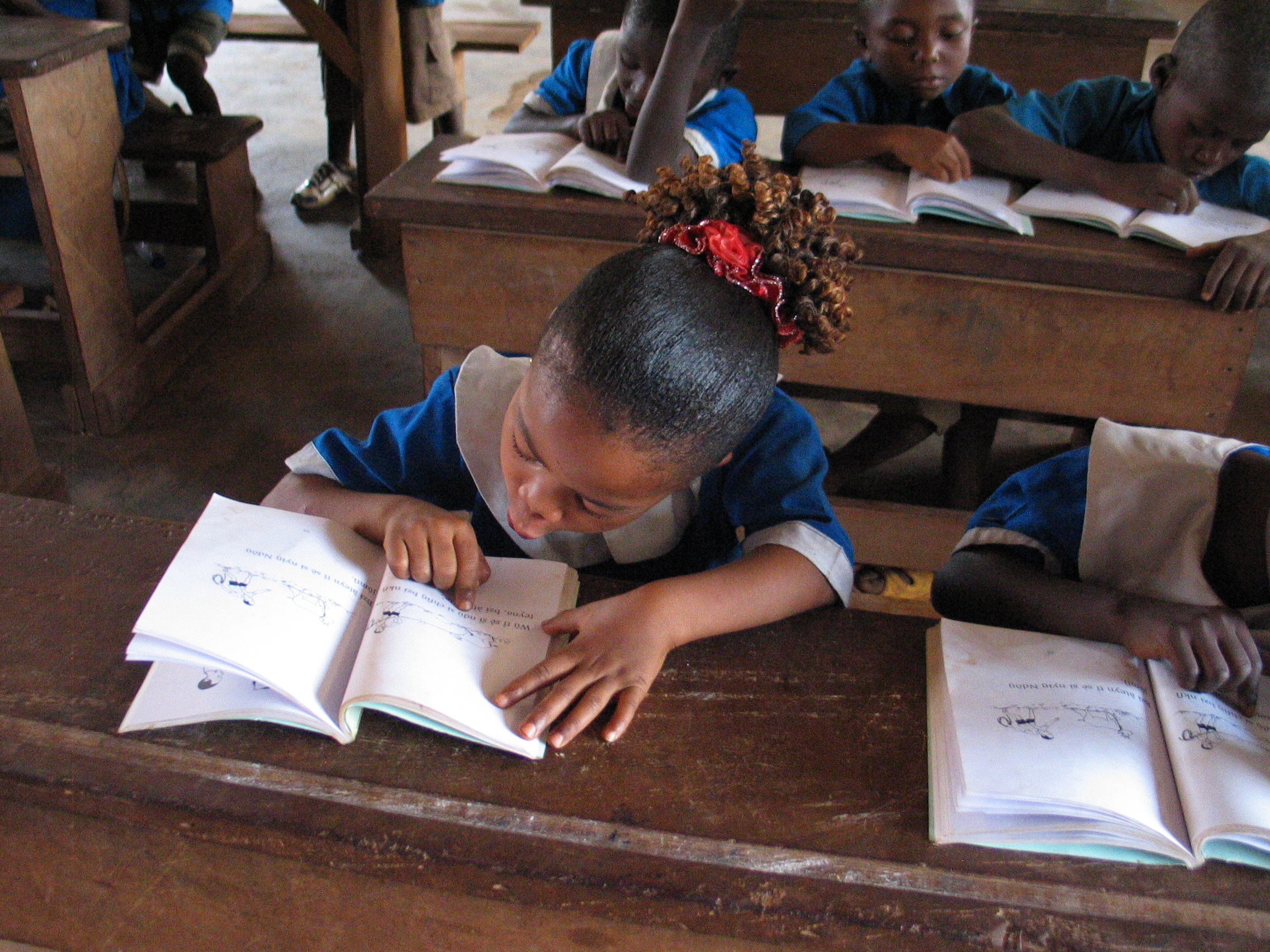International Literacy Day 2012
/In celebration 0f International Literacy Day on September 7, USAID hosted over 650 people to celebrate the important role that literacy plays in development.
In collaboration with the Global Partnership for Education, the Brookings Institution and Lions Club International, as well as World Vision and AusAID, the event was full of energy as new innovations were presented and 32 awards were given as a part of the Grand Challenge, a grant competition that will allow new projects in literacy and education reach millions of people in the developing world.
Paul Frank participated as part of a panel discussion on reading instruction and presented findings on the impact of a mother tongue-based multilingual education pilot program with the Kom, a language community in Northwest Cameroon. Representing SIL LEAD and SIL International, Paul explained multilingual education and the significance that projects like this one have in demonstrating the relevance of multilingual instruction.
The Kom Education Pilot Project is just one of many indicators of the success of a transitional multilingual education model. Findings from the Kom project demonstrated that after just one year of schooling using Kom, the mother tongue of the children in the classroom, students had higher overall test scores than the students in the schools that were using English as the language of instruction. In addition, students from the Kom education program consistently outperformed their peers in Reading, Math, and Oral English.
After several years, the students in the Kom-medium schools continued to outperform their peers in the control schools. The use of the mother tongue as a medium of instruction has brought significant improvements in learning outcomes, especially in grades 1-3. The children in the experimental schools show stronger reading comprehension, oral proficiency, and general lexical knowledge in English. This advantage persists for at least two years after Kom-medium instruction has ended. The children in the Kom-medium schools actually performed better in English than the children in the English-medium schools, and that advantage persists after at least two years following the end of the intervention.








